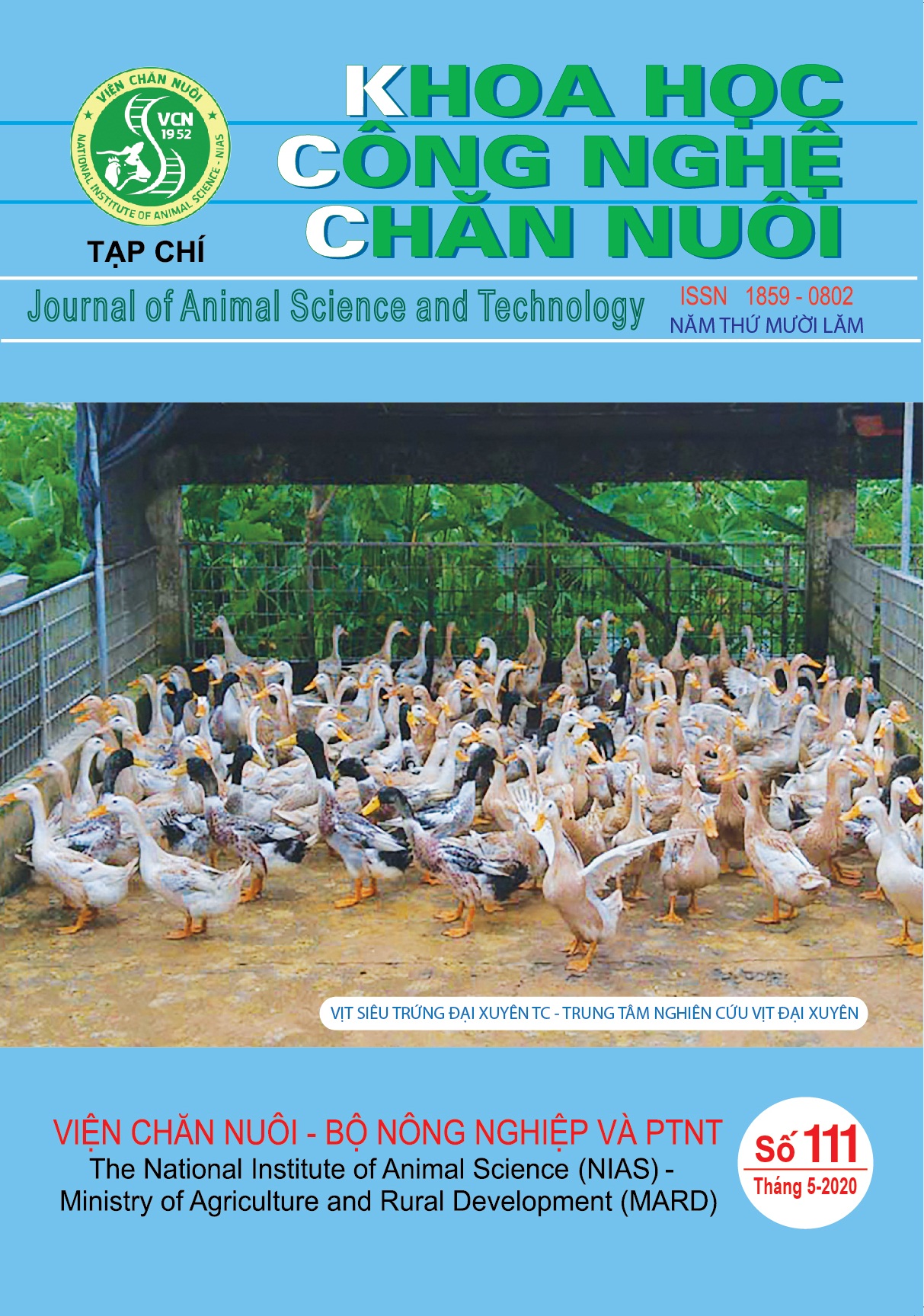Pig production status and infected situation of African Swine Fever disease (ASF) in Ben Tre province
The study was conducted from January to March 2020 to investigate the situation of African Swine Fever disease in 08 districts and 01 city of Ben Tre province. The data used in this study included primary data and secondary data. Secondary data obtained from reports from the competent authority. Primary data collection techniques were done usingin-depth interviews and direct observation in the field by case-control study (45 pig households with ASF infected herds and 45 pig households with healthy herds); combinating with a cross – sectional method and retrospective cohort survey were carried out on 90 pig households with ASF infected herds and 10 managers about prevention, control of ASF in Ben Tre province. The results showed that in 2019, a total number of pigs dropped sharply (42.2%) compared with 2018, caused by prolongation of ASF disease and households did not reproduce. The survey results showed that, the rate of pig waste treatment by biogas (82.2%), hedge around pig pens (64.4%) and disinfectant pits in front of pig pens (53.3%) in ASF infected herds tended to be lower than healthy herds, correspondingly. Adding vitamin or probiotic in pig diets, accounting for 40% in ASF infected herds were lower than healthy herds (51.1%). The rate of pigs infected and culled by ASF that were 12.4% and 13.4% compared to the total number of pigs. Mortality rate was highest in boars (100%), piglets (91.5%), snows (86.4%) and lowest in growing pigs (85.3%). Most commonly observed clinical signs of ASF pigs such as: high fever, red to purple skin lesion, loss of appetite, dull or depressed and sudden death. Difficulties in the prevention and control of ASF: delay in reporting ASF disease by pig households, lack of human resources and techniques. Proposed solutions: intensifying communication to pig households to comprehend ASF disease and prevention; enforcing policy to support ASF control; encouraging to apply biosecurity measures in husbandry in Ben Tre province.

